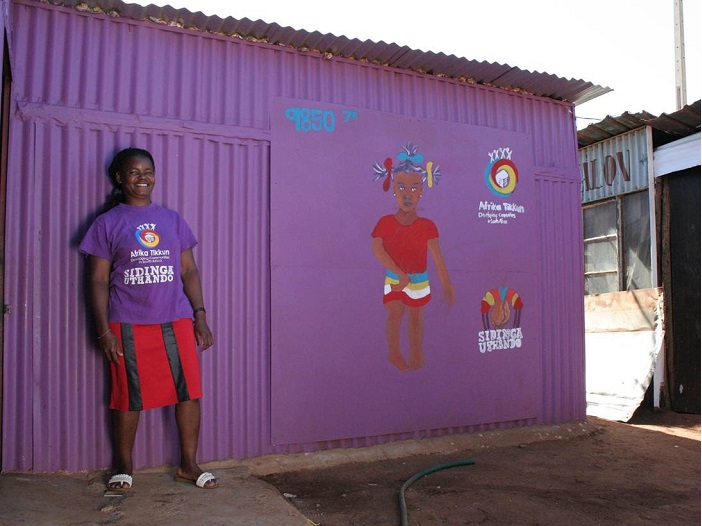|
People with disabilities are more likely to be poor, are less likely to be employed, and less likely to have access to appropriate education.
They are also at higher risk to become victims of crime and abuse - including sexual abuse - and less likely to be able to access and effect appropriate justice. They remain amongst the most marginalized in our society.
And yet they are also most likely to remain disempowered through a paternalistic approach of families and society where decisions are made for them with limited opportunities and choices available. Society as a whole reserves low expectations for the individuals’ ability to make informed decisions and influence their status quo. Appropriate consultation is rarely engaged in when planning, implementing and evaluating any public services - it requires a little bit more effort in ensuring that appropriate measures are put in place to enable people with disabilities to participate meaningfully and effectively at all levels of service delivery. This would make a huge difference to a large group of people!
Fast Facts:
Disability is increasingly recognized as a human rights issue in Africa
- 7.5% of South Africa’s population lives with a disability. (Census 2011: Profile of Persons with Disabilities in South Africa)
- 83% of South Africans rely on the public sector for health care services. (Census 2011: Profile of Persons with Disabilities in South Africa)
- People with disabilities earn a lower income than those without a disability- if they are employed at all. Males with disabilities earn double the salary of females with disabilities. (Census 2011: Profile of Persons with Disabilities in South Africa)
- On average, people with disabilities in rural provinces live on less than R1250 a month. (Census 2011: Profile of Persons with Disabilities in South Africa)
- Households headed by people with disabilities are less likely to have access to piped water and electricity than those headed by people without disabilities. (Census 2011: Profile of Persons with Disabilities in South Africa)
- More than 1/3 of children with walking disabilities do not attend school, and children with disabilities are less likely to attend secondary school or tertiary education. (Census 2011: Profile of Persons with Disabilities in South Africa)
People with disabilities typically face a number of barriers to inclusion in society, for example:
- Individual and societal attitudes - in South Africa these negative attitudes and unfounded fears/beliefs are not just limited to the persons’ disability but often cuts across socioeconomic, racial, educational and gender lines. These attitudes extend to all areas of society and also impact on an individual’s ability to participate meaningfully in society, as well as seeking and receiving the help of appropriate public services including health, education and justice services.
- Physical barriers - such as inaccessible buildings and infrastructure or inaccessible/ unaffordable public transport (many are charged double for their wheelchairs, or additional fees for their caregivers - or refused access entirely, forcing them to hire private cars for exorbitant rates). Those with visual impairment have very little access to appropriate mobility training to enable them to get around independently with a cane, and those with communication difficulties face multiple barriers when trying to access services or participate in society.
- Socioeconomic barriers - due to poor infrastructural and service design, a generally low level of education, unemployment, the attitudinal barriers of service providers, and reduced access to quality rehabilitation services and appropriate assistive devices, people with disabilities typically not only pay more out-of-pocket than the average person when accessing appropriate services, but are also less likely to be earning an income in the first place. These factors only serve to perpetuate the poverty-disability cycle.
|

